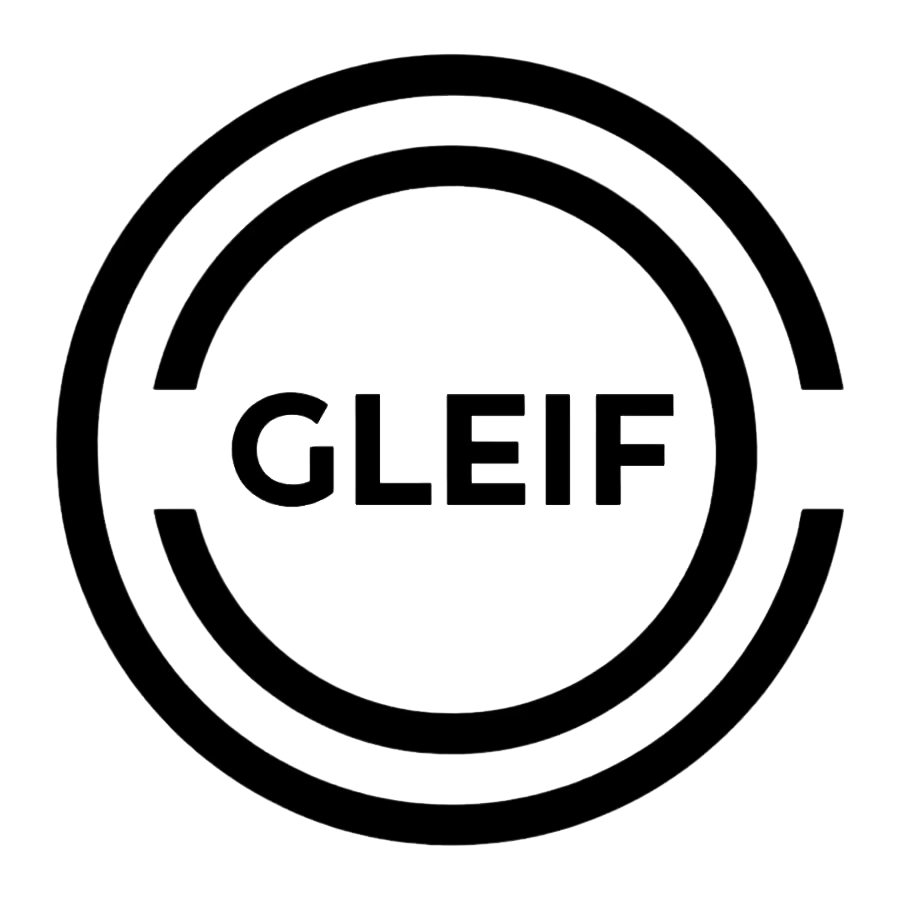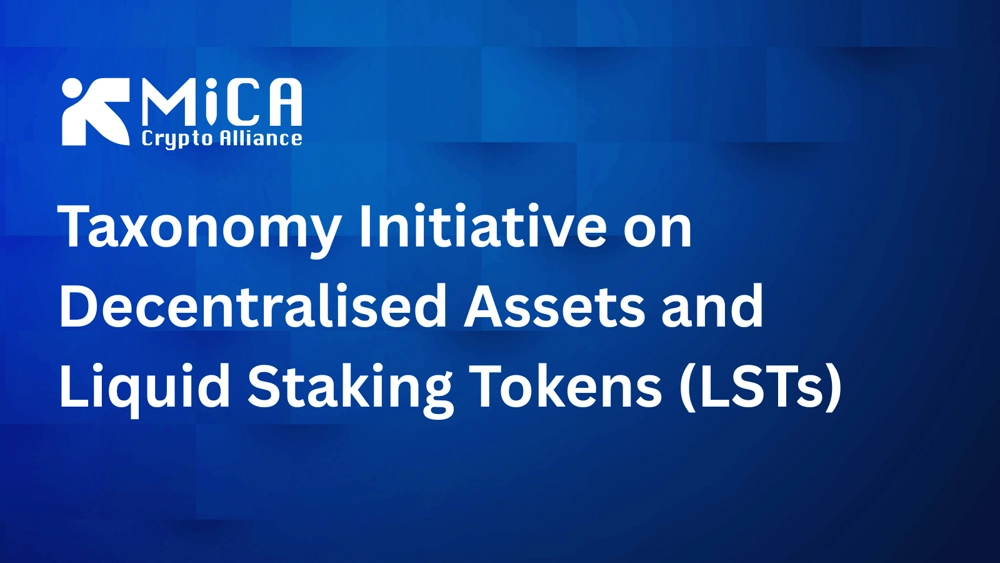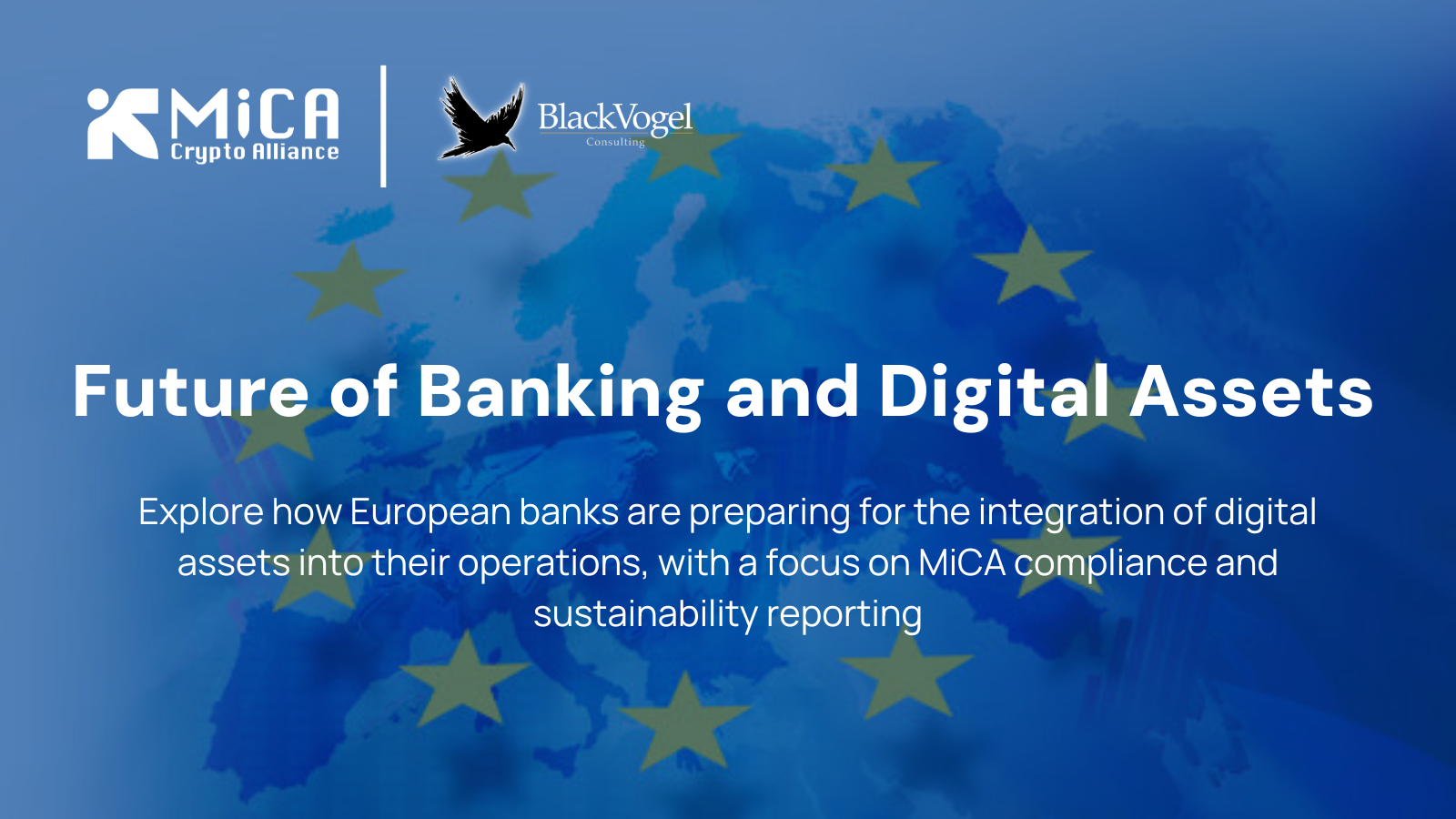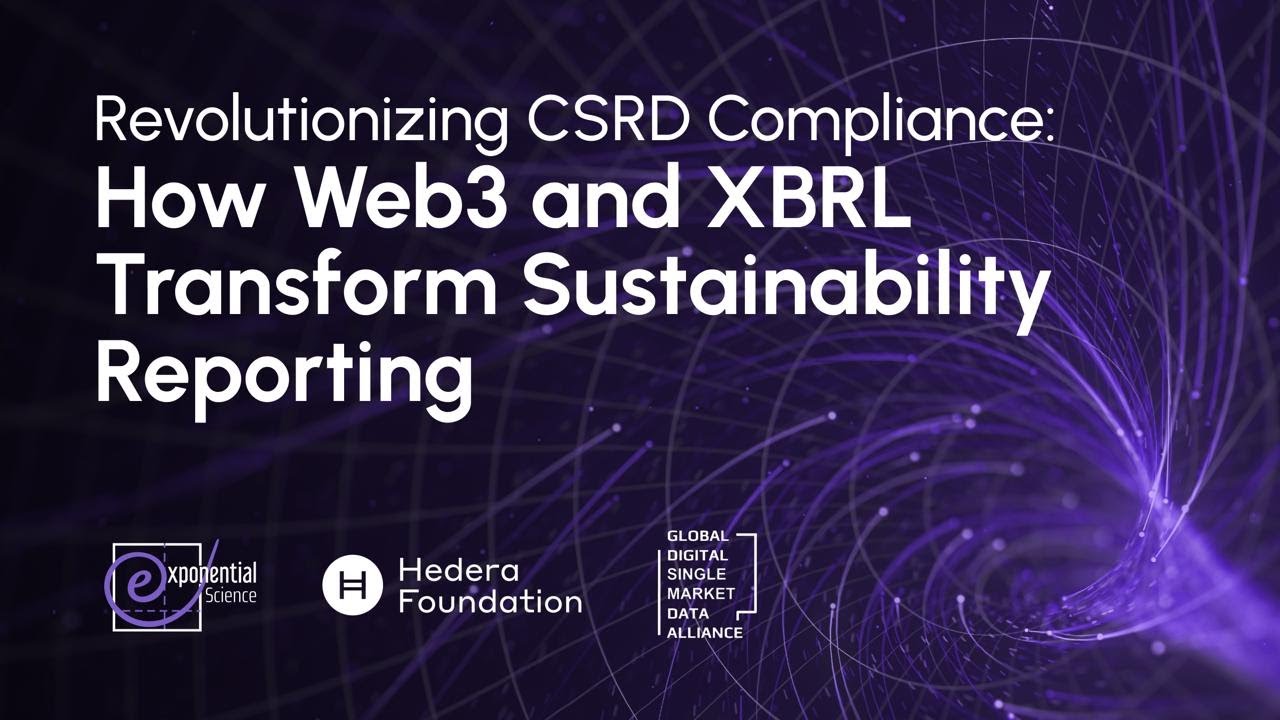Trusted by Institutions Shaping MiCA Compliance




























Verified Track Record
1,200+
Tokens ESG Data Analysed
60+
Reports and White Papers Written
30+
Sustainability Indicators Tracked
24
Hours Achievable Turnaround
.svg)
.svg)
Membership Benefits
Influence Standards
Help shape MiCA best practices and regulatory best practices
Expert Access
Direct support from researchers, legal partners, and our technical & steering committee
Shared Tools
Expert-driven white paper drafting, XBRL tagging, and ESG templates
Collective Credibility
Signal trust to regulators and investors by joining the Alliance
Ongoing Support
Stay updated with regulatory changes and disclosure requirements
Legal Protection
Help shape MiCA best practices and regulatory best practices
MiCA Compliance Services
White Paper Services
Drafting, reviewing, updating, and auditing MiCA-compliant white papers with XBRL-ready formatting for regulatory publication.
ESG & Reporting Data
Generate MiCA-ready ESG datasheets and support ESG reporting obligations, available standalone or bundled with your white paper.
Law Firm Package
Partner with us to deliver MiCA-compliant white papers and ESG datasheets for your clients efficiently, accurately, and at scale.
Banks & Exchanges Package
Receive standardised white papers and ESG datasheets so your exchange can onboard projects efficiently and with confidence.















